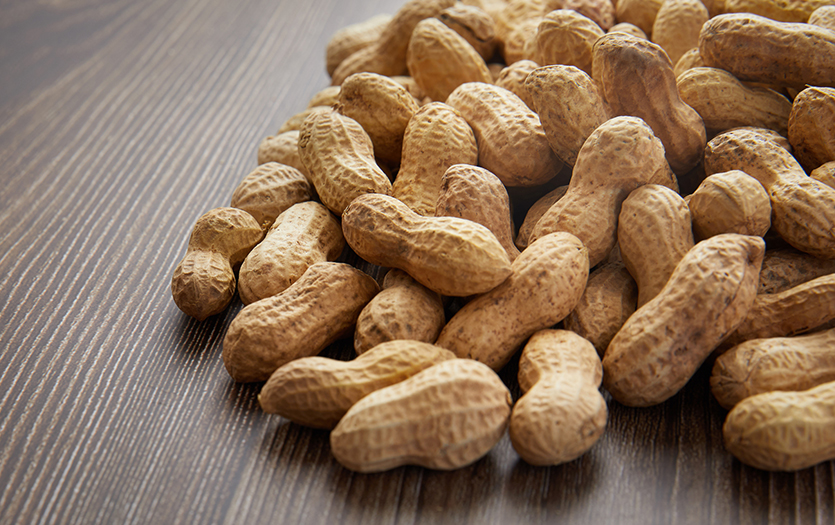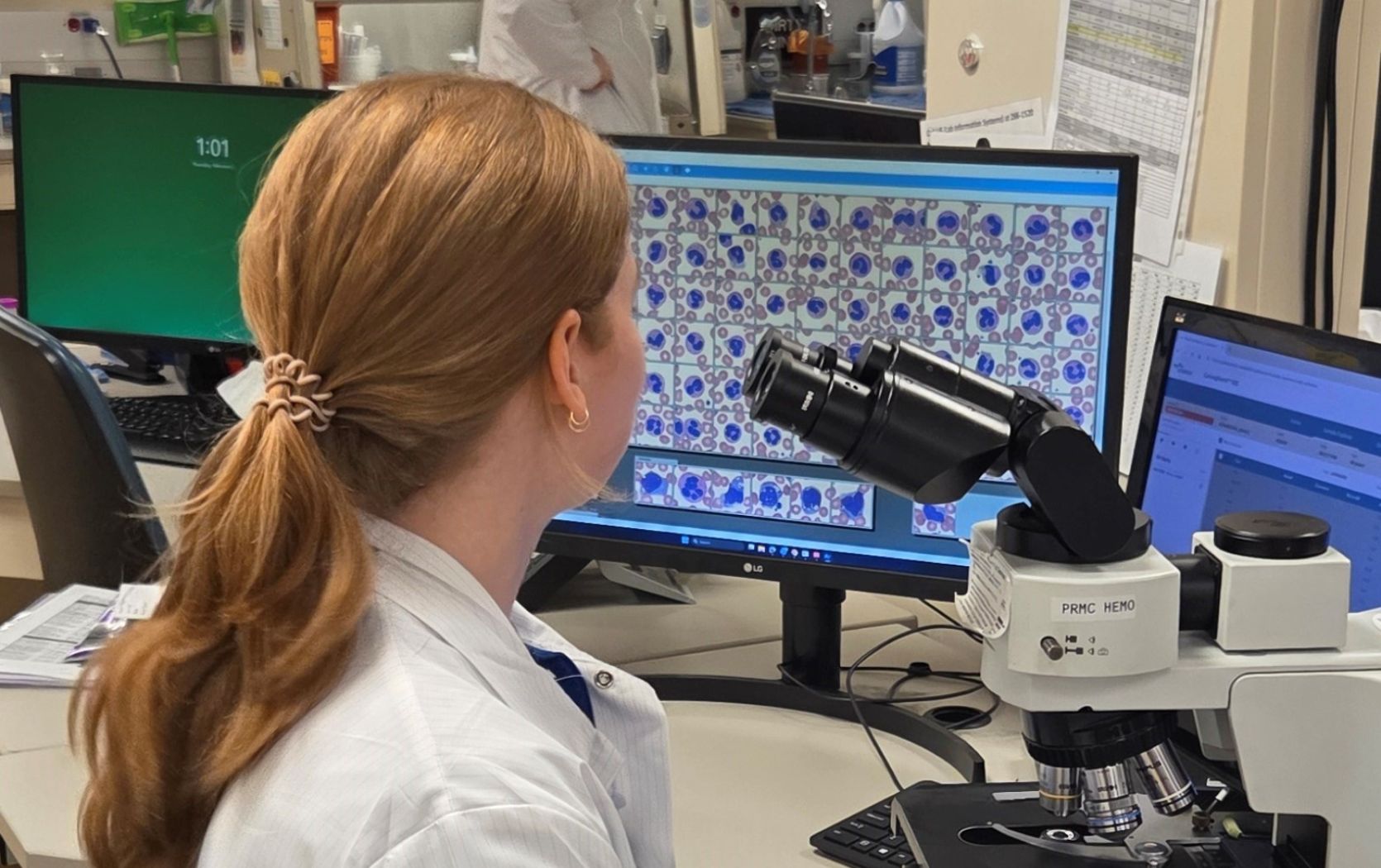
This post was written by Diana Munoz-Mendoza, MD, PPG – Allergy, Asthma & Immunology.
A food allergy is a serious condition that in severe cases, can cause anaphylaxis, a potentially life-threatening reaction. Studies estimate that approximately 8% of children and 10% of adults in the United States, more than 30 million Americans, suffer from food allergies, and about 40% of them have an allergy to more than one food.
The risks
Having a food allergy doesn’t just present physical consequences. It can also lead to potential psychological effects, like anxiety from a constant fear of having a severe allergic reaction, social isolation and depression, all of which can interfere with their quality of life.
A new option for managing food allergies
Although there is no common cure for food allergies, the U.S. Food and Drug Administration (FDA) recently approved a new treatment option, called Omalizumab. Omalizumab, or XOLAIR®, is a monoclonal antibody given as a subcutaneous injection. It has been used for decades in patients with asthma and chronic hives.
Omalizumab works a bit like a shield. Our body produces something called IgE antibodies when we come into contact with something our immune system thinks is harmful, like foods or pollen. Omalizumab attaches itself to these IgE antibodies, essentially blocking them.
The research
In a recently released study, omalizumab was shown to decrease allergic reactions in patients with food allergies.
Omalizumab was given every 2-4 weeks to kids as young as 1 year of age and adults with peanut allergy and allergy to at least two other foods (cashew, milk, egg, walnut, wheat, or hazelnut). About 67% of the participants who received omalizumab could tolerate the equivalent of 2 and a half peanuts without a significant reaction. They also noticed similar results for the other foods.
This does not mean that patients treated with omalizumab for food allergies will be able to consume the food they are allergic to, however, omalizumab may be an option for kids or adults to decrease the likelihood of a reaction when they have an accidental exposure despite efforts of avoiding the food.
Although omalizumab is not the cure for food allergies, this therapy can offer a glimmer of hope to those battling this disease.
If you suspect you or a loved one might have a food allergy, or believe you would be a good candidate for omalizumab, it’s important to have a thorough evaluation by a board-certified allergist. One of Parkview’s Allergy, Asthma & Immunology experts can help you discover the right next steps for you, which may include allergy testing, allergy shots or other solutions. We have two practices in Fort Wayne. If you're interested in establishing care with one of our providers, call 260-425-6070, Monday - Friday from 8 a.m. - 5 p.m.
Sources
Wood R et all. Omalizumab for the Treatment of Multiple Food Allergies. N Engl J Med 2024; 390:889-899.
Prevalence of challenge-proven IgE-mediated food allergy using population-based sampling and predetermined challenge criteria in infants. Osborne NJ et al J Allergy Clin Immunol. 2011;127(3):668.
The impact of childhood food allergy on quality of life. Sicherer SH, Noone SA, Muñoz-Furlong A. Ann Allergy Asthma Immunol. 2001;87(6):461.




